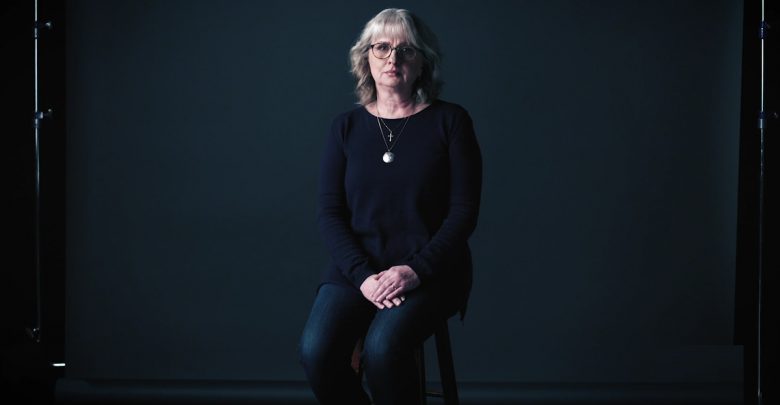 Hoopla V
Hoopla VA joint project between three universities is sharing the stories of parents who have lost a child to drug use.
Released last month, the project is a joint research effort between the University of Alberta’s School of Public Health, the O’Brien Institute for Public Health at the University of Calgary, and the School of Nursing at the University of British Columbia. Part of the project includes videos of the parents they interviewed narrating letters they wrote to their child who died by substance use.
The research behind the videos involves qualitative interviews with 43 mothers who have lost a child to substance use. The interviews took place across Canada between June and November 2017, and the researchers asked questions about their motivations to pursue advocacy, messages they want to convey, and some of the difficulties they’ve had.
Heather Morris, a registered nurse and PhD student working on the project at the U of A, said the researchers learned from the parents they interviewed that stigma is a huge issue, and it’s something faced by the people who use drugs and their families. This video project, she said, seeks to address the stigma on a more personal level and see the lives beyond the statistics.
“One of the things often times that you see in the media is the statistics, and the numbers that are reported, and what we wanted to convey through this project was the personal stories,” she said.
The project was also in partnership with Moms Stop the Harm and MumsDU, two national organizations that represent families impacted by drug use. These groups advised the researchers on the questions they asked, as well as helped with
Petra Schulz is one of the co-founders of Moms Stop the Harm and one of the parents featured in the videos. She lost her son Danny to a fentanyl overdose in April 2014. With the videos, Schulz said they want to create progressive changes to how drug policy is formulated, as well as to get more harm reduction methods. The greatest barrier to seeking help, she said, is stigma and the idea that people use and die alone.
“Stigma prevents people from seeking help, it prevents people from getting help, and it prevents people from reaching out when they’re involved in problematic substance use,” she said.
With funding from a grant from the provincial ministry of health, Morris and the others created four videos of parents reading their letters to their children lost to substance use, as well as posting the full letters from the parents. The website also offers support resources and a study guide to learn about harm reduction and stigma.
“We’re hoping that will help to allow people to have discussions around our major themes which are mental health, harm reduction, and stigma,” Morris said.
The stigma surrounding people with problematic substance use, Morris said, comes through in many ways, such as stereotyping, discrimination, and the language used.
“Rather than using stigmatizing terms such as junkies or addicts, we prefer to use terms such as people who are experiencing substance use disorder for example, or people experiencing problematic substance use,” she said.
The videos have already gained interest from educational institutions, Schulz said, adding that the videos could be helpful in fields such as nursing, medicine, social work, child and youth care, as well as education. Morris added they’ve also been used by the federal government. Health Canada took the videos for a display about stigma at a United Nations meeting in Vienna around drug policy in mid-March, she said.
“One thing I always hope to do is that our stories will break hearts, so we can open minds and get people thinking about the problem, but also the solutions that need to be implemented,” Schulz said.
Morris said the next step is to continue to share the results through publication, as well as presentations. There are also many different areas to extend their research, she said, including grief support for parents who have lost children to substance use, and a media analysis of how mothers and their messages are shared.
The overarching goal, Schulz said, is to save lives and help people get the help they need and to see change at the personal and policy level.
“My hope is that fewer families will join our ranks,” she said. “We can’t allow for it to be the new normal, it can’t be this way, we’re losing a generation.”




